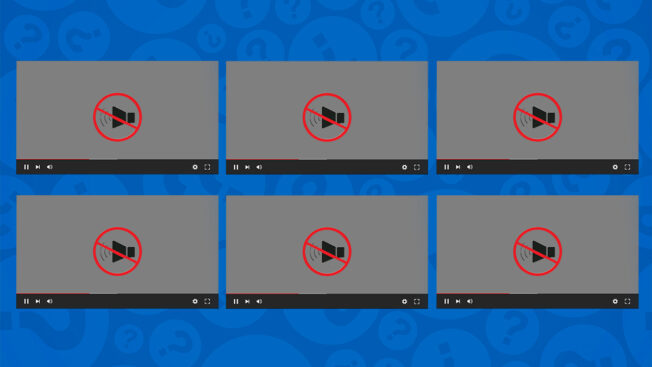Fine-tune your media, marketing and technology strategies at the Convergent TV Summit on October 25 with expert insights and strategies from the pros. Register now to save 35% on your pass.
Google’s admission to quietly inflating ad auction prices up to 5% for search advertisers, potentially increasing them by 10% for some queries, during the U.S. v. Google antitrust trial comes as little surprise to ad buyers.
According to industry execs, the 5% figure is viewed as rather conservative, and the actual inflation rate could be considerably higher.
During the trial’s second week, Jerry Dischler, Google vp and general manager, admitted to changing the search ads and reserve pricing by as much as 5% to meet revenue targets.
“[Google] claiming 5% is a more conservative number to make it sound like the natural ebb and flow of a marketplace,” said Christine Yang, vp of media at Iris.
While the practice of inflating ad prices, also observed with Facebook and Amazon, might not shock marketers, it’s another frustration with the tech giant. While Google’s exclusive inventory cannot be bought elsewhere, its history of lack of transparency has long frustrated the ad industry, underscoring the complex relationship between advertisers and these tech platforms.
According to Yang, the actual range of inflation can sometimes exceed 100%.
For a brand campaign focused on a niche product, she said the average CPC at $11.74 surged to $25.85 over the last six months, amounting to a 108% increase. However, there wasn’t an incremental return on sales.
“The level to which [price manipulations] happens is what we don’t know,” said Yang. “It’s shady business practices because there’s no regulation. They regulate themselves.”
Giovanni Sollazzo, CEO of Italian media agency Aidem, noted that the actual cost-per-click (CPC) for Google search brand campaigns frequently increased, and the 5% figure is at the lower end of the spectrum. In some cases, the inflation can reach between three to five times higher.
As recent as this summer, Sollazzo found that Google’s ad CPC surged from $0.26 to $0.53 while maintaining the same impression share despite no keyword competition.
“If we accept impression share within +-5%, CPC went from $0.14 to $0.53—almost four times increase,” he said. This led his agency to reduce its ad budget by 70%, with no observable impact on the top line.
“Search ads costs are the result of a real-time auction where advertisers never pay more than their maximum bid,” a Google spokesperson told Adweek. “We’re constantly launching improvements designed to make ads better for both advertisers and users. Our quality improvements help eliminate irrelevant ads, improve relevance, drive greater advertiser value, and deliver high-quality user experiences.”


